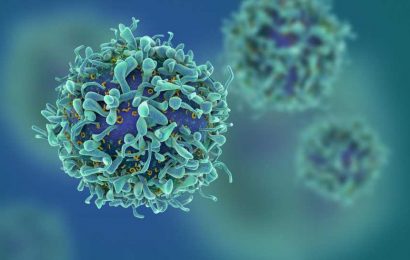(Reuters) – The placenta may have a way to protect itself and the fetus from infection with the coronavirus, a small study suggests.
Researchers studied 24 women who gave birth between July 2020 and April 2021. Eight had symptomatic COVID-19 in the second trimester, eight were sick from the virus in the third trimester, and eight were not infected during pregnancy. When COVID-19 occurred in pregnancy, particularly during the third trimester, placenta cells appeared to “shed” the ACE2 receptor proteins that the virus uses to break into cells and infect them, leaving fewer gateways for entry.
Women who had COVID-19 in the third trimester had high levels of an enzyme called ADAM17 that is known to help ACE2 release itself from the cell surface, the researchers reported in The American Journal of Pathology.
The placenta may be sensing the maternal COVID-19 infection “and possibly putting in place this mechanism to help shed off ACE2, prevent SARS-CoV-2 from invading the placenta and passing on to the fetus,” said Elizabeth Taglauer of Boston Medical Center.
Earlier studies have shown that placental cells become infected in only about 7% to 20% of pregnancies where the mother has COVID-19, Taglauer said. When the virus does somehow get into the placenta, it rarely reaches the fetus, she added.
Her team plans further studies of “protection pathways” that may be keeping the virus out of placental cells and away from fetal blood vessels.
SOURCE: https://bit.ly/3gmF7wF The American Journal of Pathology, online January 26, 2022.
Source: Read Full Article


